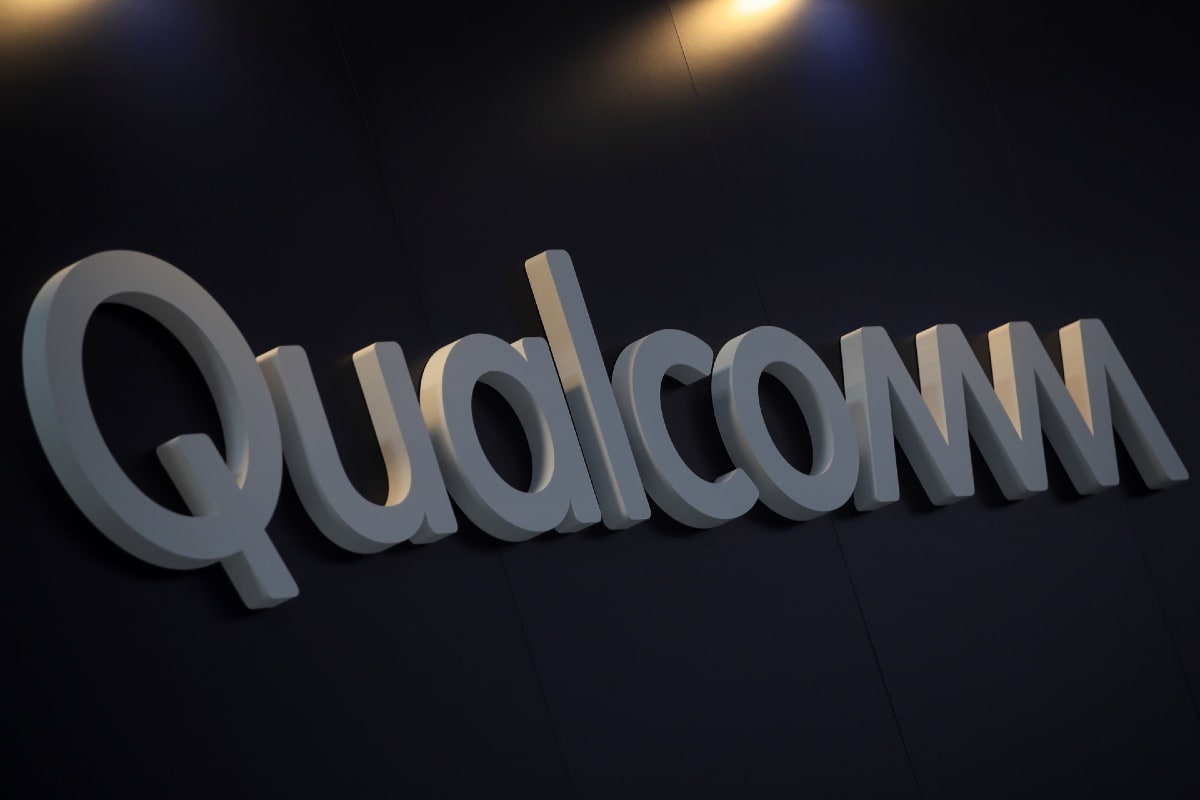A potential deal to buy Intel could accelerate Qualcomm’s diversification, but it will burden the smartphone chipmaker with a loss-making semiconductor manufacturing unit that it may struggle to turn around or sell, analysts say.
The buyout will also face tough antitrust scrutiny globally as it would combine two key chip companies in what would be the sector’s biggest deal ever, creating a behemoth with a strong stake in the smartphone, PC and server markets.
Shares of Intel rose nearly three percent on Monday, following media reports late Friday of Qualcomm’s early-stage approach to the struggling chipmaker. Qualcomm shares fell 1.8 percent.
“The rumored deal between Qualcomm and Intel is intriguing on many levels and, from a pure product perspective, makes a certain amount of sense as they have a number of complementary product lines,” said TECHnalysis Research founder Bob O’Donnell.
“However, the reality of this actually happening is very low. Besides, it’s unlikely that Qualcomm would want all of Intel and trying to separate the product business from the foundry business right now just wouldn’t be possible,” he said.
Once a dominant force in the semiconductor industry, five-decade-old Intel is facing one of its worst periods as losses mount at a contract manufacturing unit it is building in hopes of challenging TSMC.
Intel’s market value fell below $100 billion (roughly Rs. 8,36,313 crore) for the first time in three decades as the company missed out on the generative artificial intelligence boom after divesting its investment in OpenAI.
As of last close, its market capitalization was less than half that of potential contender Qualcomm, which is valued at around $190 billion (roughly Rs. 15,88,934 crore).
Given that Qualcomm had about $7.77 billion (roughly Rs. 64,980 crore) in cash and cash equivalents as of June 23, analysts expect the deal to be mostly equity-financed and highly dilutive for Qualcomm’s investors, which is likely to cause concern.
Qualcomm, which also supplies Apple, has accelerated its efforts to expand beyond its mainstay smartphone business with chips for industries including automotive and computers under CEO Christian Amon. But it still relies too much on the mobile market, which has struggled in recent years due to a drop in demand following the pandemic.
Amon is personally involved in negotiations with Intel and is exploring different options for a deal with the company, sources told Reuters.
This is not the first time that Qualcomm has sought a large acquisition. It offered to buy rival NXP Semiconductors for $44 billion (roughly Rs. 3,67,973 crore) in 2016, but dropped the offer two years later after failing to get approval from Chinese regulators.
The foundry puzzle
While Intel designs and manufactures its own chips that power personal computers and data centers, Qualcomm has never operated a chip factory. It uses contract manufacturers such as TSMC and designs and other technology supplied by Arm Holdings.
Qualcomm lacks the experience needed to grow Intel’s fledgling foundry business, which recently named Amazon.com as its first major customer, according to analysts.
“We don’t know why Qualcomm would be a better owner of that asset,” Bernstein’s Stacy Rasgon said.
“We don’t really see a scenario without them either; we don’t think anyone else would really want to operate them, and we believe that abolishing them is unlikely to be politically viable,” he added.
Intel’s foundry business is seen as key to Washington’s goal of increasing domestic chip production. The company has secured about $19.5 billion (roughly Rs. 1,63,079 crore) in federal grants and loans under the CHIPS Act to build and expand factories in four US states.
Some analysts said Intel would prefer outside investment to a sale, pointing to a recent move to make the foundry business more independent.
Bloomberg News reported over the weekend that Apollo Global Management, already a partner in Intel’s Ireland facility, has offered to invest as much as $5 billion (roughly Rs. 41,814 crore) in the company.
Qualcomm could also decide to buy parts of Intel’s business, rather than the entire company. Reuters reported earlier this month that it had particular interest in Intel’s PC design unit.
© 2024 Bloomberg LP
